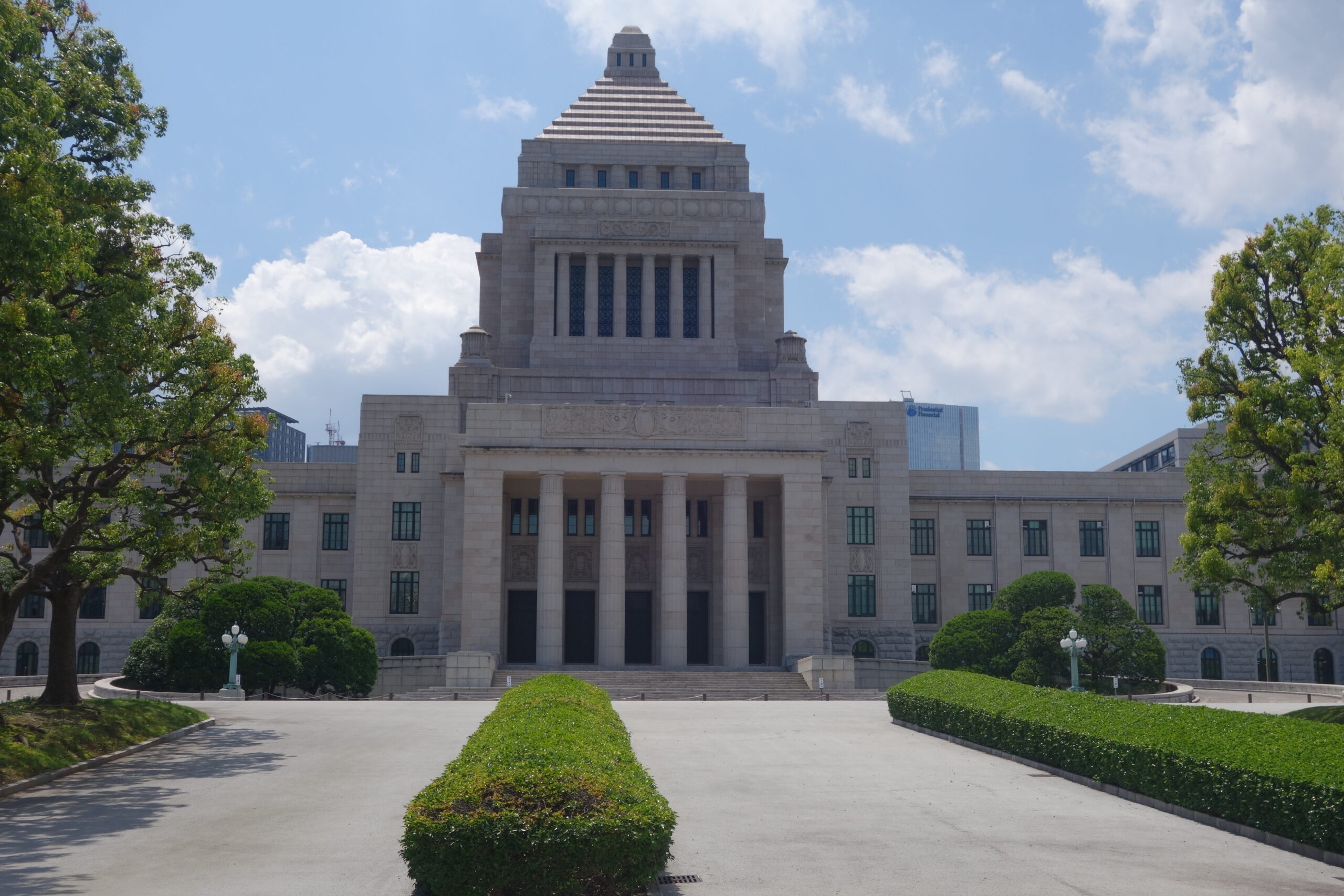Does Japan support Israel or Palestine?

Does Japan support Israel or Palestine?
Japan’s Balanced Diplomacy in the Israel-Palestine Conflict
In the intricate geopolitical web of the Israel-Palestine conflict, Japan has emerged with a nuanced and balanced diplomatic approach. Grounded in principles of international law and humanitarianism, Japan’s strategy reflects a deep understanding of the region’s complexities.
Active Diplomatic Engagement
In recent months, Japan has stepped up its diplomatic efforts. A pivotal moment in this endeavor was Foreign Minister Kamikawa Yoko’s visit to Israel, Palestine, and Jordan in November 2023. This tour underscored Japan’s commitment to playing a constructive role in the region’s peace process.
Firm Stance Against Violence
A cornerstone of Japan’s policy is its firm stance against terrorism. This is exemplified by its condemnation of recent attacks, particularly those attributed to Hamas. Japan’s solidarity with Israel, especially in light of these terror attacks, conveys a strong message against violence.
Humanitarian Aid: A Priority
Recognizing the dire humanitarian situation, especially in the Gaza Strip, Japan has pledged substantial aid. Approximately USD 65 million is earmarked for Palestine, demonstrating Japan’s commitment to alleviating human suffering in the conflict zone.
Advocacy for a Two-State Solution
At the heart of Japan’s long-term vision for the region is its unwavering support for a two-state solution. This stance is a testament to Japan’s belief in a peaceful and stable future for both Israelis and Palestinians.
Japan and Palestine: A Closer Bond
Historically, Japan has had closer ties with Palestine. This relationship is evident in Japan’s consistent advocacy for a two-state solution and its humanitarian initiatives in Palestinian territories.
Measures Against Hamas
Aligning with its anti-terrorism stance, Japan has imposed sanctions against entities and individuals linked to Hamas. This move reinforces its position against any form of violence in the conflict.
A Balanced Diplomatic Approach
Japan’s strategy in the conflict is marked by a balanced approach, weighing both the immediate need for peace and the long-term goal of regional stability. This is seen in its dual focus on condemning terror attacks and advocating for humanitarian solutions.
Domestic Perspectives
Within Japan, there is an ongoing debate about the country’s role in the Israel-Hamas conflict. This discussion reflects the evolving nature of Japan’s foreign policy and its consideration of diverse viewpoints on international issues.
Japan as a Peacemaker
Japan’s active involvement and strategic diplomatic visits to Israel, Palestine, and Jordan highlight its role as an international peacemaker. By condemning terror, providing humanitarian aid, and advocating for a diplomatic resolution, Japan underscores its dedication to stability and adherence to international norms.
In summary, Japan’s nuanced understanding and principled approach to the Israel-Palestine conflict demonstrate its commitment to being an effective mediator. Through its blend of diplomacy, humanitarian aid, and advocacy for a peaceful resolution, Japan plays a significant role in navigating the complexities of this longstanding conflict.










